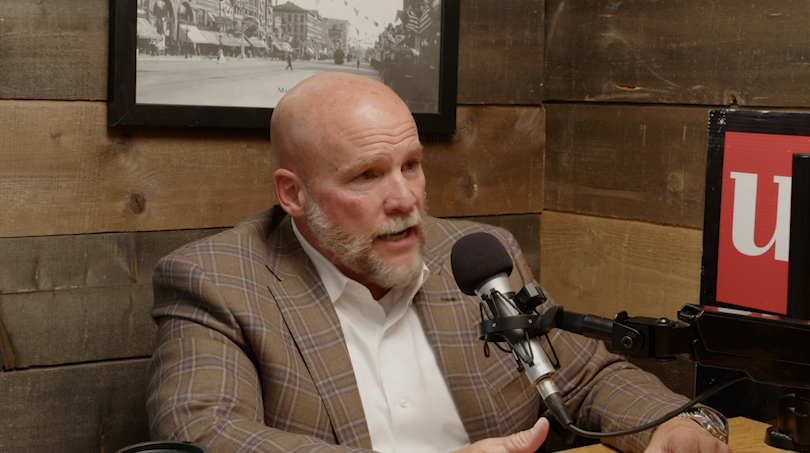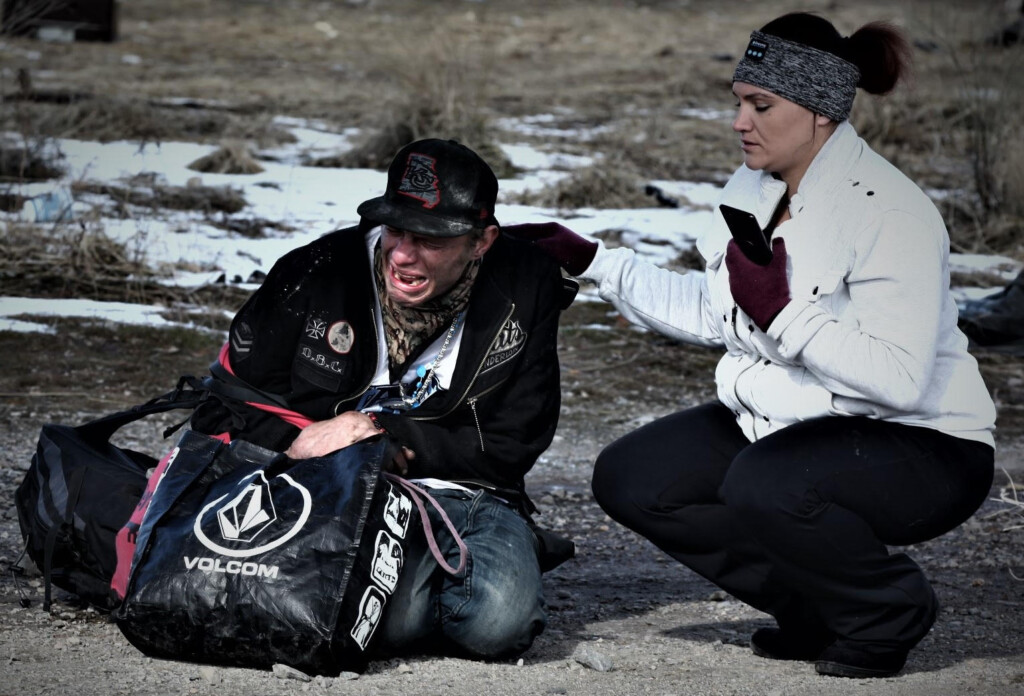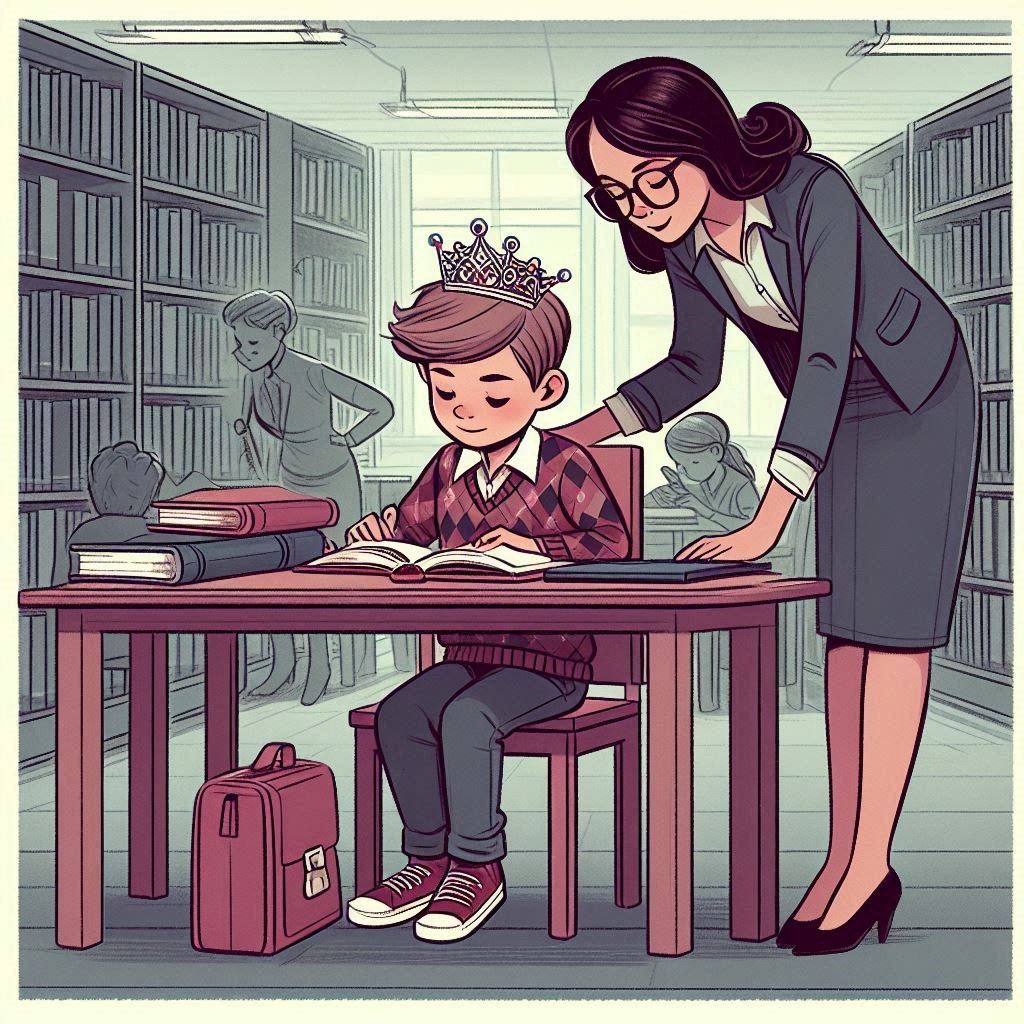Homelessness, lawlessness, crime and poverty in the United States’ largest metro areas is certainly one of the biggest issues our nation and states face today. Cities such as San Francisco are losing a huge percentage of their office tenants, Union Square is now half empty, and Nordstrom closed their flagship store. Is this contagion now spreading to Salt Lake City?
Utah Stories has been examining homelessness and drug addiction for the past two years. In our ongoing series on homelessness and housing, we have spoken to regional experts about how drug addict’s lives can be turned around.
Dave Durocher, Executive Director of The Other Side Academy, is certainly an expert when it comes to this topic.
“I was a drug addict for 27 years. I had three kids I did not raise. I had marriages I destroyed. I had parents whose safe I broke into. I stole everything that wasn’t bolted down. I was violent. I did all kinds of stuff to send me to prison,” Durocher admits. And he believes that the people who are in charge of making policy for dealing with drug addicts are “unqualified”.
Durocher says that he is not a conspiracy theorist, but he finds it very strange that leaders are not solving the problem of drug addiction, but that the contrary is true.
“We absolutely need to hold people accountable, and if you want to help people, you tell them the truth.” Durocher believes that there are time-tested formulas that work for getting people off substances and on the road to recovery, but the systems in place today completely neglect the amount of time that is required for people to experience true recovery.
“When you hear this tonight, when you put the kids down, go to your computer and look for the science that says 30, 60 or 90 days is the optimal prescription, the optimal time that helps people. You won’t find it. It doesn’t exist,” Durocher explained. “Where we’re failing in America is that you should not judge a community by how well it treats its successful citizens. We should be judged by how well we treat our criminals.” Droucher says he does not mean by this that they should be provided excuses to be victims, but the addiction-recovery and work programs so that they can succeed when they get out.
Within the homeless system in Utah over the past year, $83 million went into homelessness and at least another $200 million was invested into ongoing funding for permanent supportive housing projects. These projects, which receive a great deal of funding from the Federal Government, were once lauded as the “solution to homelessness.” But if we judge Housing First by the outcome of changing lives and transforming drug addicts into productive citizens, then Housing First is not only a failure, but it is creating an incentive structure for people to remain unproductive: dependent upon the government, remaining addicted to drugs and not working.
The Magnolia Apartments have reportedly had more than a dozen tenants die, according to a manager and tenant. They also reflected on the noticeable amounts of drug use that occurs at the apartments.
“If you want to influence profound human change, it’s hard to hold people accountable that are physically addicted right now. It is much more advantageous to hold them accountable once they’re clean,” Durocher said.
And the problem is only getting worse. “There’s trillions and trillions of dollars funneling through these systems that aren’t working.” Durocher doesn’t believe this is by design and adds, “I don’t think anybody is sitting behind a curtain going, okay, how can we make this worse?”
But he does believe that all of the policy makers and managers who are making attempts to get tenants off drugs are not following the methods that actually work. Case in point: At The Other Side Academy, they understand that hard work is a great substitute for drugs, and that a community approach to rehabilitation creates a positive culture for change to occur. “We need to change a person inside and out, and that takes a lot of time.”
At The Other Side Academy, everyone in their two-year program is required to work everyday beginning at 8am. The Academy follows the approach that Durocher discussed, as their philosophy is, “We Save Lives By Changing Behavior”. The Other Side Academy is a drug free setting that hires ex-addicts and ex-convicts after they graduate from therapeutic communities. To donate or support The Academy go to their website.






